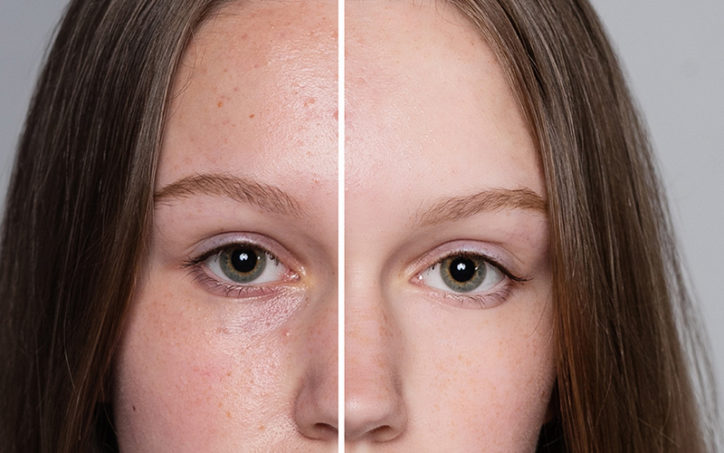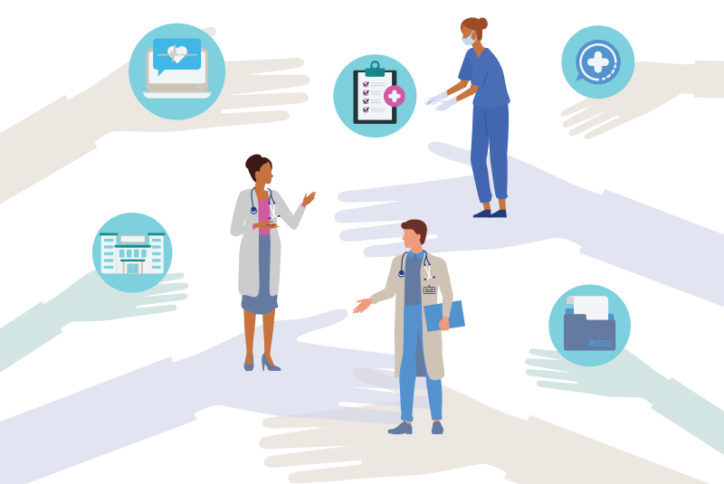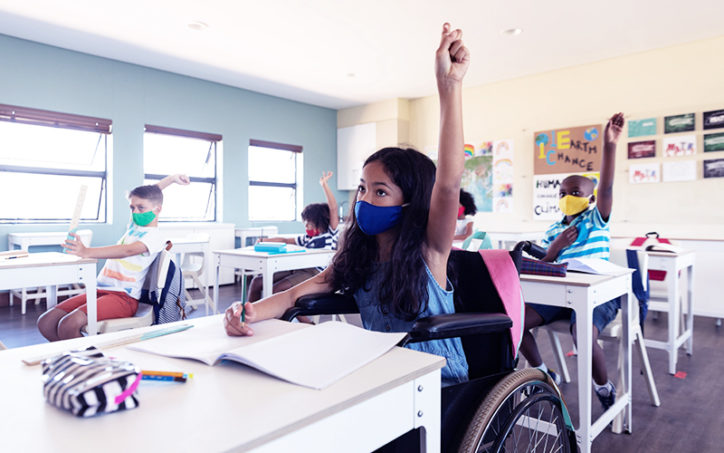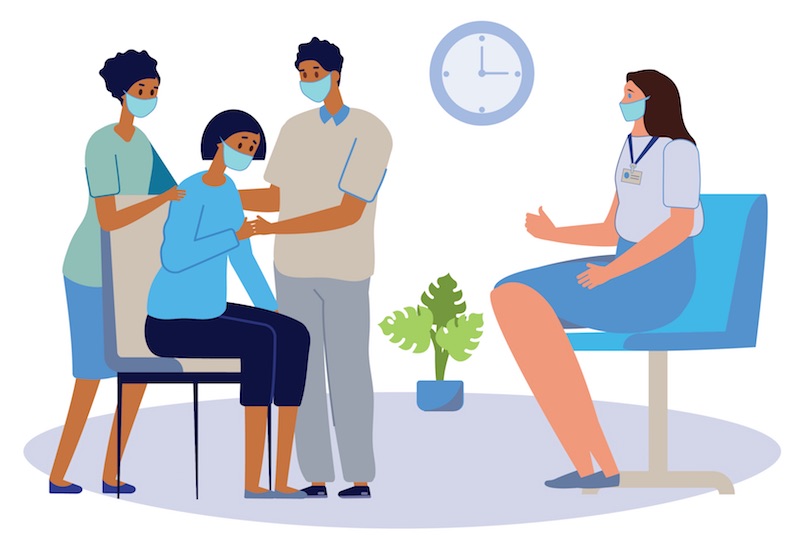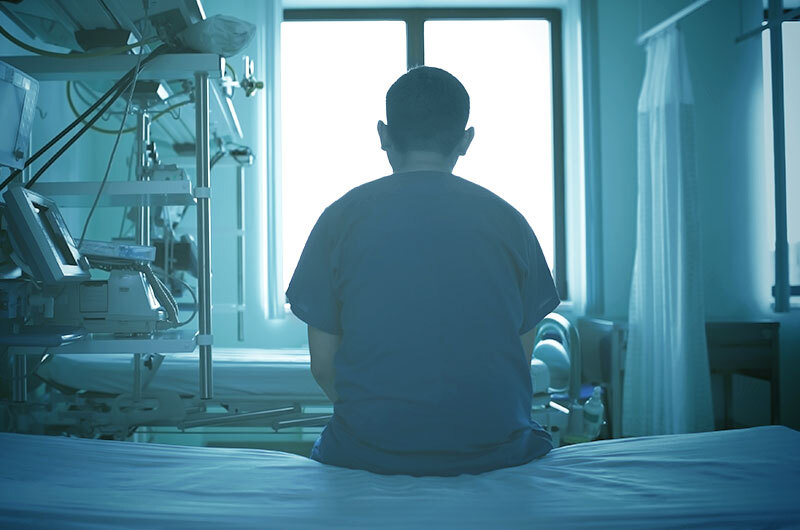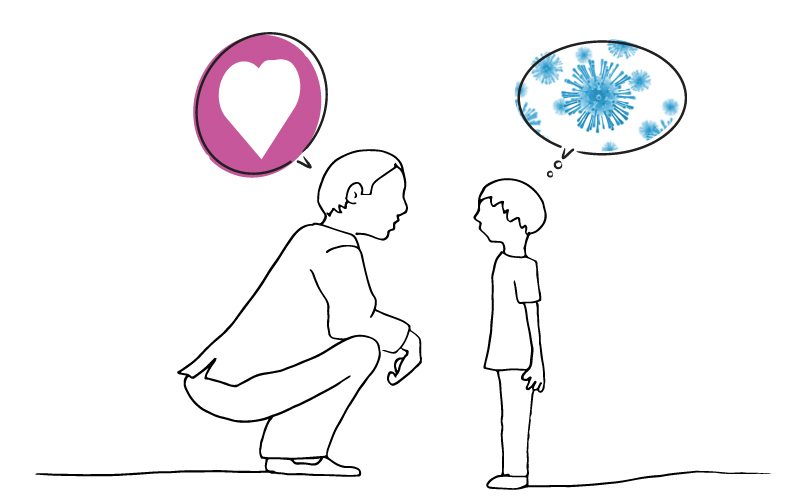Archive for psychiatry
How to help young kids cope when a parent has to isolate
Parents: If you’ve tested positive for COVID-19 and need to isolate or quarantine, you understandably may have questions and concerns about what this means for your family. On top of coordinating logistics around work, child care, and safety measures, you may be worried about the psychological impact separation will have on your child. For children ... Read More about How to help young kids cope when a parent has to isolate
Tagged: coronavirus, mental health, psychiatry
Help kids fight the “Selfie Effect” and build self-esteem instead
It may be hard to imagine now, but there was a time not too long ago when social media didn’t exist and we didn’t have cameras on our phones. But today, some of the most widely used social media platforms influence not only how we communicate with the world, but how we think the world ... Read More about Help kids fight the “Selfie Effect” and build self-esteem instead
Tagged: digital health, mental health, psychiatry
The great mask debate: how to deal with bullying over face masks in school
As the war against COVID-19 rages on, so do the battles about the best ways to stop the spread. And, as some families are finding, these battles include backlash over the decision of whether to send their children to school in masks. “Like many aspects of the pandemic, masks have become a polarizing issue, and ... Read More about The great mask debate: how to deal with bullying over face masks in school
Tagged: bullying, coronavirus, psychiatry
The adolescent mental health crisis: Bolstering primary care capabilities
The mental health crisis among children and teens shows no sign of abating, and COVID-19 has clearly made matters worse. A recent study found that suicide attempts and self-harm were among the few indications for hospitalization that didn’t drop during the first waves of the pandemic. On the contrary, the past year has seen a ... Read More about The adolescent mental health crisis: Bolstering primary care capabilities
Tagged: advocacy, mental health, primary care, primary care alliance, psychiatry
Teens, anxiety, and depression: How worried should parents be?
Part of the work of being a teenager is making connections outside of the family and becoming attuned to world issues. But add social media, an ongoing pandemic, and academic and extracurricular pressures to the mix, and teens can become vulnerable to mental health issues. “Anxiety and depression are the most common mental health concerns ... Read More about Teens, anxiety, and depression: How worried should parents be?
Tagged: adolescent medicine, mental health, psychiatry
Taming reentry anxiety: How to prepare kids for a back-to-school like no other
After more than a year and a half of remote, hybrid, and home-schooling, it’s time to gear up for a return to full-time, in-person school. But for many kids, this “return to normal” comes with a unique set of concerns. Here, Keneisha Sinclair-McBride, a psychologist in the Department of Psychiatry and Behavioral Sciences, answers questions ... Read More about Taming reentry anxiety: How to prepare kids for a back-to-school like no other
Tagged: bullying, coronavirus, psychiatry
Suicide prevention in teens: Can we intervene through primary care?
The past year has seen a disturbing rise in suicidal thoughts and attempts among adolescents, with a spike of suicidal teens going to emergency departments (EDs). This adds to a growing trend: From 2007 to 2016, ED visits for deliberate self-harm more than quadrupled nationwide among children age 5 to 17. In a recent review ... Read More about Suicide prevention in teens: Can we intervene through primary care?
Nurses, COVID-19, and PTSD: When it hurts to care
When Boston Children’s Michelle Schuster, MSN, RN, CPHON, inpatient oncology/hematology staff nurse and Patricia Dwyer, PhD, RN, CNOR, nurse scientist, set out to study post-traumatic stress disorder (PTSD) in nurses, they weren’t thinking about COVID-19. The two had been studying PTSD in nurses for almost two years when the pandemic hit. Key takeaways· PTSD is ... Read More about Nurses, COVID-19, and PTSD: When it hurts to care
Tagged: nursing, psychiatry, research
It’s okay to be scared: Talking about COVID-19 with your kids
Images and stories of the global COVID-19 pandemic surround us, and it’s normal for kids to have questions. There’s no easy way to talk to children about it, but doing so can help them better understand this and other things that might scare them. Here are some tips to help you have those conversations, from ... Read More about It’s okay to be scared: Talking about COVID-19 with your kids
Tagged: coronavirus, psychiatry
Parenting in the age of COVID-19: Coping with six common challenges
As families grapple with an ever-changing normal, stress and anxiety can escalate. We turned to Erica Lee, PhD, and Keneisha Sinclair-McBride, PhD, psychologists in Boston Children’s Department of Psychiatry, for answers to six common parenting challenges. Challenge #1: Struggling with schedules With everyone at home, typical schedules have fallen by the wayside, which can feel ... Read More about Parenting in the age of COVID-19: Coping with six common challenges
Tagged: coronavirus, psychiatry



